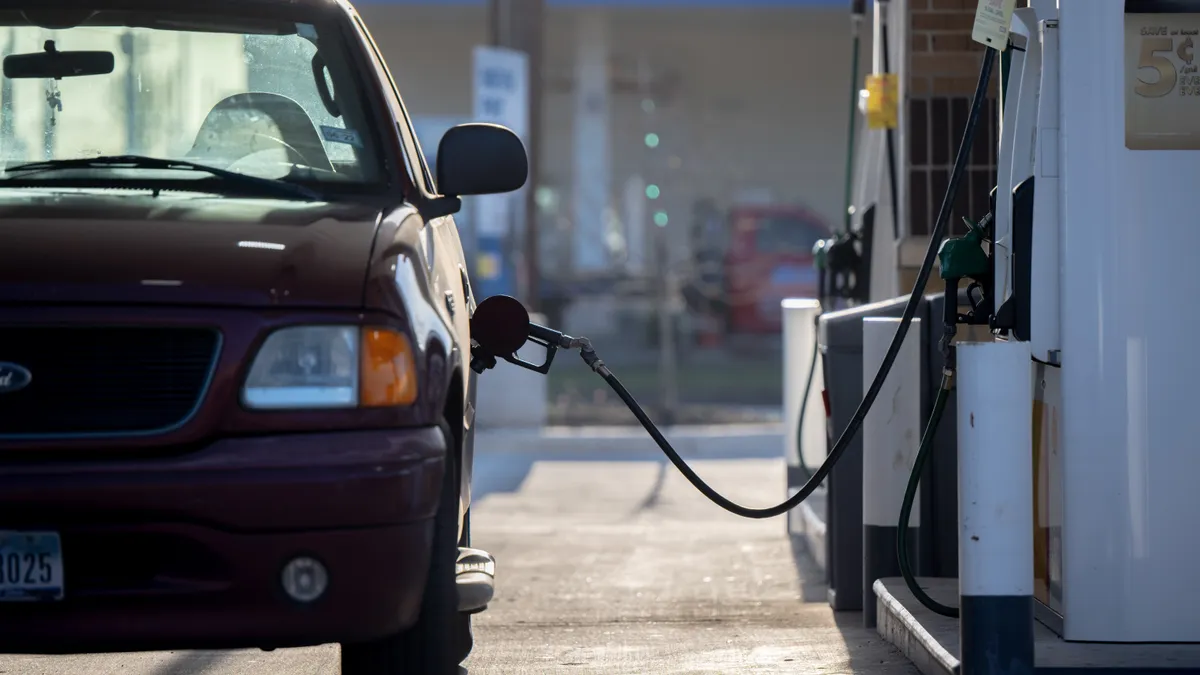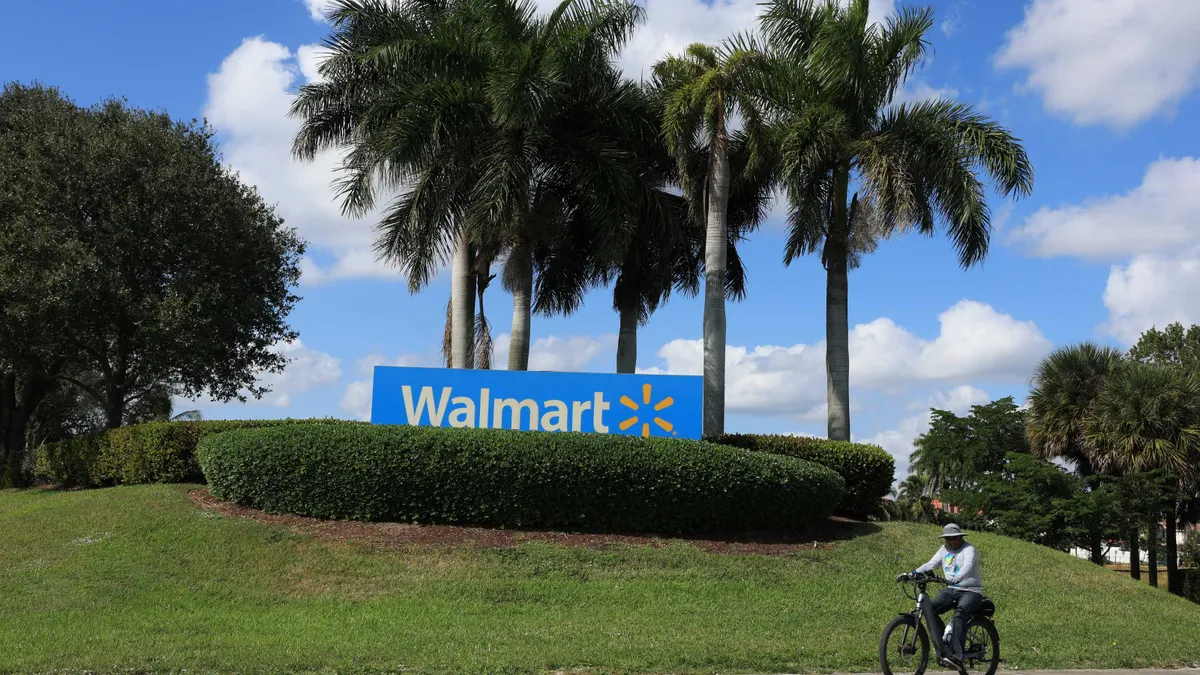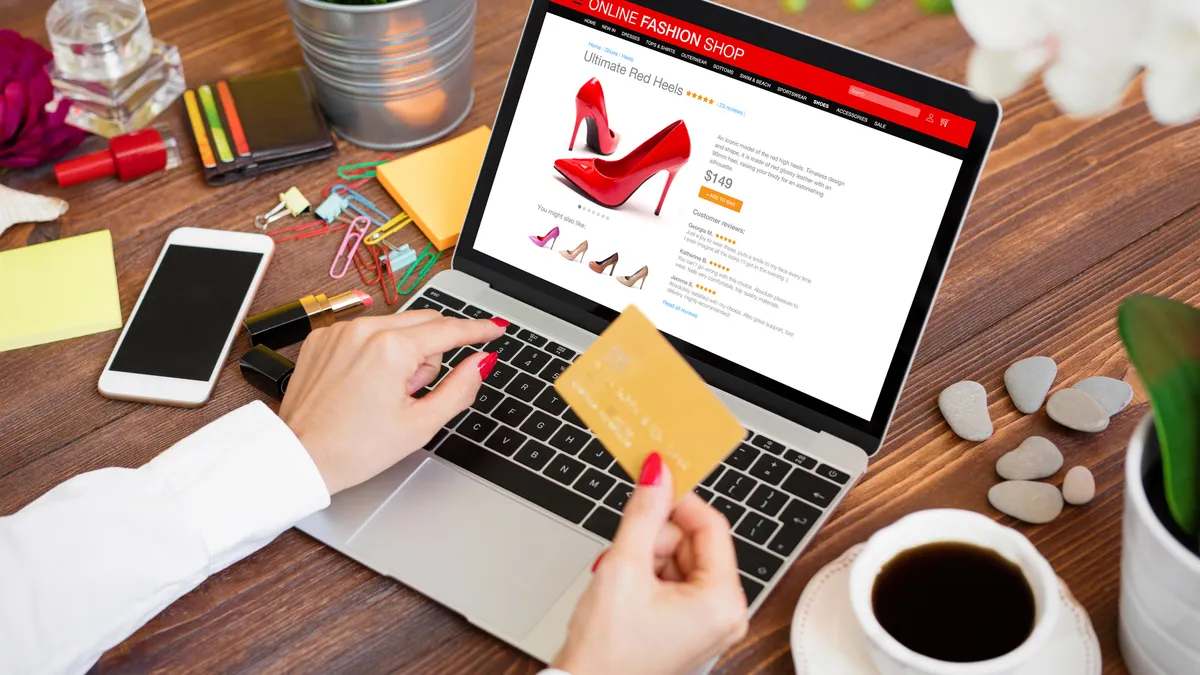The buy now-pay later industry first attracted consumers looking to finance the purchase of designer clothes and high-end exercise equipment like Peloton. Now, operators are focusing on more mundane purchases like gasoline and groceries as inflation hits multi-decade highs.
Klarna and Zip, two of the largest BNPL operators, have agreements with Chevron to allow consumers to split their gasoline purchases into four installments spread over six weeks. The partnerships with the San Ramon, California-based oil company cover gas stations for both its Chevron and Texaco brands. (Chevron acquired Texaco in 2001.)
“Klarna has been working with Chevron since 2021 so this is not a new development and not connected to the current global geopolitical situation,” Klarna spokeswoman Michelle Kravets wrote in an email. She said she didn't have any information to provide with regard to consumer use. Chevron declined to comment.
A spokesperson for Australia-based Zip, which aims to grow its presence in the U.S., didn’t respond to a request for comment. Zip’s arrangement with Chevron is advertised on the company's website.
The average price for a gallon of unleaded gasoline in the U.S. reached an all-time high of $4.622 on Tuesday, according to AAA. A year earlier, motorists paid $3.046 per gallon to fill up their tanks.
The U.S. Energy Information Administration estimates prices will average $3.84 per gallon during the summer of 2022, the highest level since 2014.
Democratic California Gov. Gavin Newsom has proposed an $11-billion relief package for motorists, including direct payments of $400 per vehicle.
BNPL for groceries, too
As for groceries, shoppers at the chains Kroger, Safeway, and Albertsons can split their grocery bills in four via Zip, according to the Zip website. Consumer prices jumped 8.3% for the past year through April, relative to last year, crimping many household budgets.
San Francisco-based BNPL provider Affirm is planning to offer its financing through a new debit card this year. The most visited physical retail location during the beta testing of the card has been Walmart grocery. Affirm CEO Max Levchin said earlier this year that indicates consumers are finding the service useful.
“We want it to be top of wallet,” Levchin said. “We want it to be the thing that people take to go shopping for their family.”
Grocery bills are expected to go higher. President Joe Biden has said that combating inflation is his top priority, likely anticipating that issue will also be on the minds of voters during the midterm elections.
BNPL critics worry about debt
Critics of BNPL operators worry that talk of financing common household expenses will encourage consumers to borrow more than they can afford. Nearly half of BNPL borrowers have subprime credit profiles.
Consumer Financial Protection Bureau Director Rohit Chopra began an inquiry last year into the business practices of five of the leading BNPL providers – Affirm, Afterpay, Klarna, PayPal and Zip – asking them to provide detailed information about their business practices. “Buy now, pay later is the new version of the old layaway plan, but with modern, faster twists where the consumer gets the product immediately but gets the debt immediately, too," he said at that time.
The BNPL industry markets itself as a budgeting tool. It rejects criticisms that it targets vulnerable consumers and argues that it only allows people to borrow what they can afford. Industry officials also point out that consumers don't owe interest on their loans if they pay them back on time and in full.
“It’s becoming more and more a replacement for people who don’t have any other options,” Colleen McCreary, consumer financial advocate for Credit Karma, told NBC News. “They’re just grabbing whatever option that they can get at the checkout line to get what they need.”
Sweden-based Klarna is now also offering a Visa credit card that includes its BNPL financing option.
Despite its services trying to make products more affordable for consumers, the BNPL company appears to be having trouble shouldering its own costs. Last week, Klarna said it plans to lay off 10% of its staff. Like other BNPL companies, Klarna isn’t profitable.
Washington Post columnist Michelle Singletary warned her media outlet's readers: "Don't let the ease of a buy now, pay later product turn into a regular habit for discretionary purchases or even necessities. Don’t lose sight of what it is — a loan.”






















